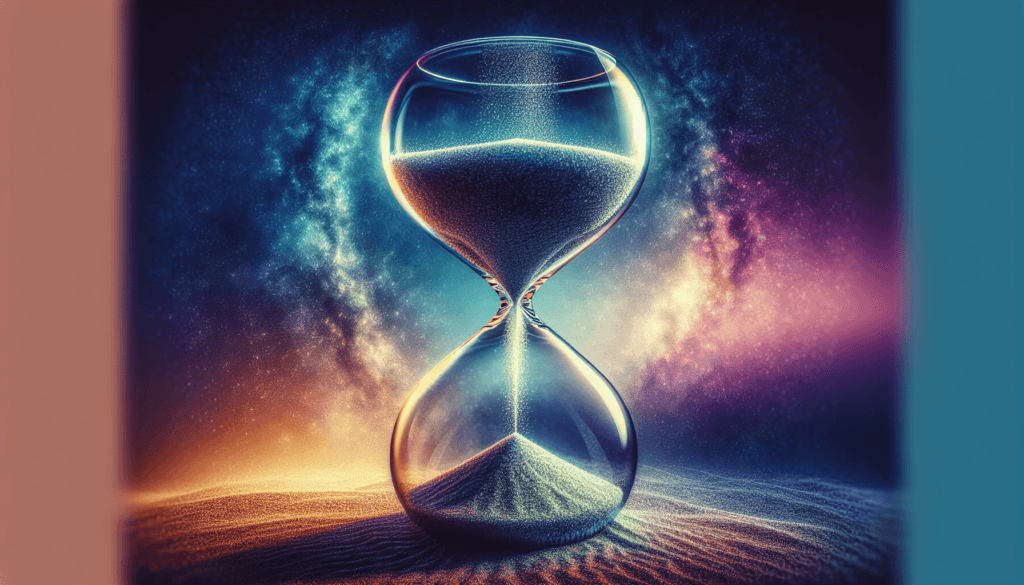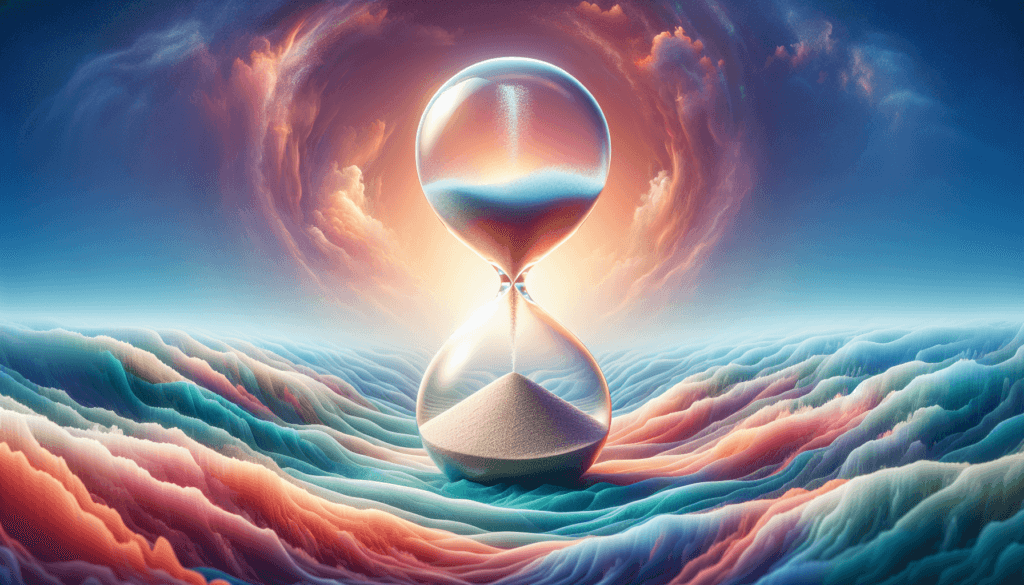Have you ever wondered about the youthful effects of Human Growth Hormone (HGH) and what happens when you decide it’s time to stop? It’s a fascinating topic with so much to uncover, especially if you’ve considered or are currently using HGH. This hormone, touted for its ability to significantly reduce visible signs of aging, has captured the interest of those seeking to turn back the biological clock. However, the journey doesn’t end with just starting the therapy; understanding the aftermath of stopping is equally crucial.
What is Human Growth Hormone (HGH)?
To appreciate what happens when you stop, it’s essential to first understand what HGH is. Secreted by the pituitary gland, HGH plays a significant role in growth, cell repair, and metabolism. It contributes to muscle strength, exercise performance, and general health and well-being. For many, it symbolizes the “fountain of youth” due to its extraordinary potential to reverse signs of aging and boost energy levels.
The Role of HGH in the Body
Table of Contents
HGH impacts nearly every tissue in the body. It promotes growth in children and helps maintain tissues and organs throughout life. Why is it so integral? Its functions extend to bone health, muscle mass retention, and the regulation of body composition. As we age, the natural levels of HGH decline, which often lead to characteristics commonly associated with aging.
Benefits of HGH in Age Reversal
The allure of HGH therapy primarily lies in its purported ability to roll back the biological clock. Some studies suggest it can reduce signs of aging by up to 20 years. This magic-like transformation is often observed through improved skin elasticity, increased muscle mass, and higher energy levels. Who wouldn’t be attracted to the idea of feeling and looking younger?
Why People Discontinue HGH Therapy
With all these benefits, one might think discontinuance is rare, but there are several reasons individuals decide to stop HGH therapy. Let’s explore these underlying motivators.
Potential Side Effects
While HGH can be wonderfully rejuvenating, it’s not without its potential downsides. Some experience joint pain, insulin resistance, or carpal tunnel syndrome. Such side effects might make continuation undesirable for some users, leading them to weigh the benefits against the risks.
Cost Concerns
HGH therapy isn’t inexpensive. For many, the financial investment may not be sustainable long-term. The continuous cost of treatments can be a significant commitment, prompting individuals to reconsider whether the perceived benefits justify the expense.

Effects of Stopping HGH Therapy
Imagine feeling rejuvenated and energetic, only to step back into a body suddenly turned weary once more. It’s essential to understand the implications of stopping HGH and how it might affect your body and lifestyle.
Reversal of Benefits
When you cease HGH intake, you may notice a gradual return of aging signs that had previously diminished. Muscle mass might decrease, skin elasticity could diminish, and energy levels may dip back to pre-treatment states. How quickly this occurs can vary significantly from person to person.
Hormonal Adjustment Period
Your body might require an adjustment period as it adapts to the absence of externally supplied HGH. This transition could lead to feelings of fatigue or shifts in mood, as your body’s hormone levels stabilize.
Navigating Life After HGH
While the decision to stop using HGH can be daunting, knowing how to navigate this change can ease the process. Here are a few ways to manage the transition effectively.
Maintaining a Healthy Lifestyle
Adopting a balanced diet, regular exercise routine, and sufficient sleep can help mitigate some of the effects after stopping HGH. These healthy habits support your body’s natural production of hormones and can help maintain vitality.
Diet and Nutrition
Focus on a nutrient-rich diet that supports hormone balance. Foods rich in protein, vitamins, and minerals can be incredibly beneficial. Consider consulting with a nutritionist to create a diet plan tailored to your needs and lifestyle.
Exercise and Physical Activity
Regular physical activity can be a powerful tool in maintaining muscle mass and bone density as your body adjusts post-HGH. Activities such as strength training and aerobic exercises are particularly effective in boosting natural hormone levels.
Stress Management
Stress can impact hormone levels and overall health. Techniques such as meditation, yoga, or mindfulness can aid in reducing stress and promoting emotional well-being during this transition period.

Long-Term Considerations
Stopping HGH doesn’t mean you can’t continue to enjoy a healthy and vibrant life. With the right strategies and mindset, it is entirely possible to maintain a high quality of life after HGH.
Monitoring Health Progress
Regular health check-ups can help monitor changes in your hormone levels and general health after stopping HGH. This proactive approach allows you to adjust your lifestyle accordingly and stay ahead of any potential health issues.
Seeking Professional Guidance
Consulting with healthcare professionals can provide tailored advice and support for your specific situation. They can offer insights into alternative treatments or methods to manage life after HGH more effectively.
Conclusion
Stopping HGH therapy is a significant decision that shouldn’t be taken lightly. Whether due to side effects, financial considerations, or personal choice, understanding what happens to your body during and after the transition is crucial. While the prospect of aging might seem daunting, remember that a wealth of options exists to support a vibrant, healthy lifestyle beyond HGH.
Embrace the journey with the knowledge and confidence to support your well-being through informed choices. Adapt your lifestyle to nurture your body’s natural balance and understand that aging gracefully is entirely within your reach.




